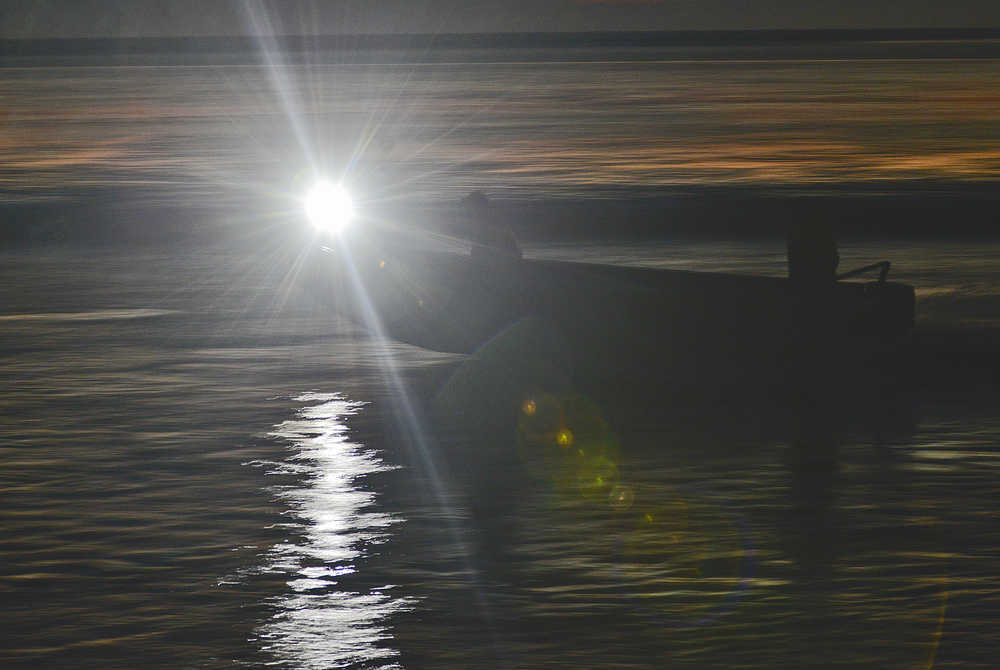The State of Alaska will appeal a state Superior Court decision that would permit a ballot initiative that could ban setnets in certain parts of the state.
The Alaska Fisheries Conservation Alliance, or AFCA, filed a ballot initiative petition in 2013 seeking to ask voters whether to ban setnets in urban parts of the state, which would primarily impact Upper Cook Inlet setnetters.
Lt. Gov. Mead Treadwell rejected the initiative in January, based on a state Department of Law opinion asserting that it would be a prohibited resource appropriation not allowed under the Alaska Constitution.
In July, however, Anchorage Superior Court Judge Catherine Easter overturned Treadwell’s decision, and ordered the lieutenant governor to certify the initiative and allow proponents to continue the process of gathering signatures to get the question on the 2016 ballot.
The state will appeal Easter’s ruling. Department of Law Assistant Attorney General Cori Mills wrote in an Aug. 5 email that the state will appeal the decision.
“The State plans on appealing the Alaska superior court’s decision in the set-net ban initiative case (Alaska Fisheries Conservation Alliance v. State) once the final judgment is filed,” Mills wrote in an emailed statement. “Alaska’s Constitution requires sustainable and responsible allocation of our fisheries for the benefit of all Alaskans. The Alaska Constitution also prohibits use of the initiative process for appropriations, including appropriations of our resources. We believe the superior court erred in finding that the proposed ban on set-netting does not amount to an appropriation and look forward to presenting our arguments before the Alaska Supreme Court.”
Unless a stay is granted, which requires a separate motion, the initiative process will continue moving forward, Mills wrote in an email.
Matt Singer, legal counsel for AFCA, said the case should not delay signature-collecting to get the proposed ban on the ballot.
“I expect my client will proceed to collect signatures,” Singer said Aug. 5.
AFCA has said it is targeting the 2016 ballot. The organization must collect about 30,000 signatures before the question can appear on the ballot.
The Alaska Division of Elections prepares the signature packets, and once they are ready, the organization will have one year to collect the signatures.
In the meantime, the issue will go to the state Supreme Court, where the record must first be established before briefs are filed or any activity occurs in the case.
Singer said he expected the state Supreme Court to affirm Easter’s decision.
Singer has said previously that the organization believed the initiative is not an appropriation, and that the public’s right to weigh in on fish and wildlife management using the ballot initiative process should be interpreted broadly, with the appropriations limitation interpreted narrowly.
The state’s decision was welcome news, however, for the groups who opposed the initiative.
“We look forward to making our case to the Alaska Supreme Court,” Singer said Aug. 5.
East Side setnetter Andy Hall said it was good news for him personally, and that he also thought it was the right decision for the state.
“You really don’t want to open the door to ballot box resource allocation,” Hall said Aug. 5.
Hall said the initiative could be a disaster for the state, given its dependence on resource development and extraction.
“We don’t want to compromise that,” he said.
Molly Dischner can be reached at molly.dischner@alaskajournal.com.


